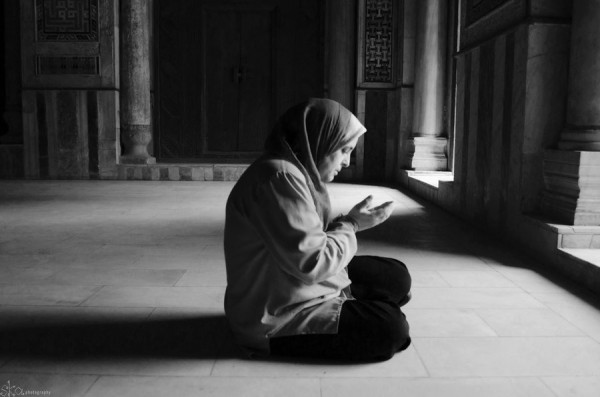
Manjit Thakur / New Delhi
India-born Islamic scholar Shaykh Mohammad Akram Nadwi has published a 43-volume biographical dictionary that contains 10,000 entries detailing the lives of female hadith scholars.
The Dictionary has been published by Dar-a-Minhaj in Jeddah.
The women who are mentioned in the research are hadith narrators, teachers, jurists, wives, mothers, and daughters. They all have contributed to the growth and development of the Muslim community on a social, moral, and intellectual level.
The profound 43-volume dictionary, titled “Al- Wafa Bi Asma Al-Nisa” (Biographical dictionary of women narrators of hadith) also known as al–Muhaddithat — the female hadith transmitters are the result of more than two-decade work that took Shaykh Mohammad Akram Nadwi trawling through biographical dictionaries, classical texts, madrasa chronicles, and letters for relevant citations.
“I thought I’d find maybe 20 or 30 women,” he says. To date, he has found nearly 10,000 of them, Nadvi is quoted in an article on the website 'The Cognate'.
The writer of the article Rushda Fatima Khan wrote, "This 43-volume intensive corpus named Al-Wafa Bi Asmaan Al-Nisha is the result of two decades of hard work in which Sheikh Mohammad Akram Nadvi gave accounts of the lives of various women, ancient texts and texts of madrasas, etc. "
Sheikh Mohammed Akram Nadvi is of Indian origin and is one of the leading Islamic scholars in the world. He has studied traditional Islam in Nadwat al-Ulema, Lucknow, and done his Ph.D. from the University of Lucknow.
He has also spent several years as a Fellow at the Oxford Center for Islamic Studies, where he has done research work on a wide range of disciplines, including Hadith, and has written nearly 30 books, including Islamic Science.
Sheikh Mohammed Akram Nadvi has written that in Islamic history, women used to travel a lot for religious knowledge and visited reputed mosques and madrasas all over the Islamic world. They were involved in teaching, learning, and making important contributions to the study and transmission of Prophetic hadith.
Digging into unknown facets of history Sheikh Mohammed Akram Nadvi has found out the class booklets and details of accounts of how women are authorized to teach men. There are also such accolades in which men have recorded about their eminent female teachers (ulema).
There is also a mention of Qazi who was born in tenth-century Baghdad who traveled to Syria and Egypt and taught other women in various accounts of this dictionary. A 12th-century Egyptian woman, Ulema or Muhaddidat, is also mentioned in this dictionary, whose male students were amazed by the stockpiles of their books on camels and the knowledge of the authority on those books. A woman from the seventh-century Medina had reached the rank of Qazi academically, who had also issued some edicts and the edicts were about the traditions and business of Hajj.
The dictionary also mentions some prominent Qajis, such as the Qazi Umm al-Darda of Damascus in the seventh century, whose students also included the Khalifa of Damascus.
It is not that all these female students were completely unknown. Muslims knew about their contribution in the field of Islamic science, especially hadith, beginning with the name of Prophet's wife Ayesha.
Although this 43-volume dictionary is still in Arabic and is yet to be translated in English or Urdu, its face can still be read in English and Urdu.
